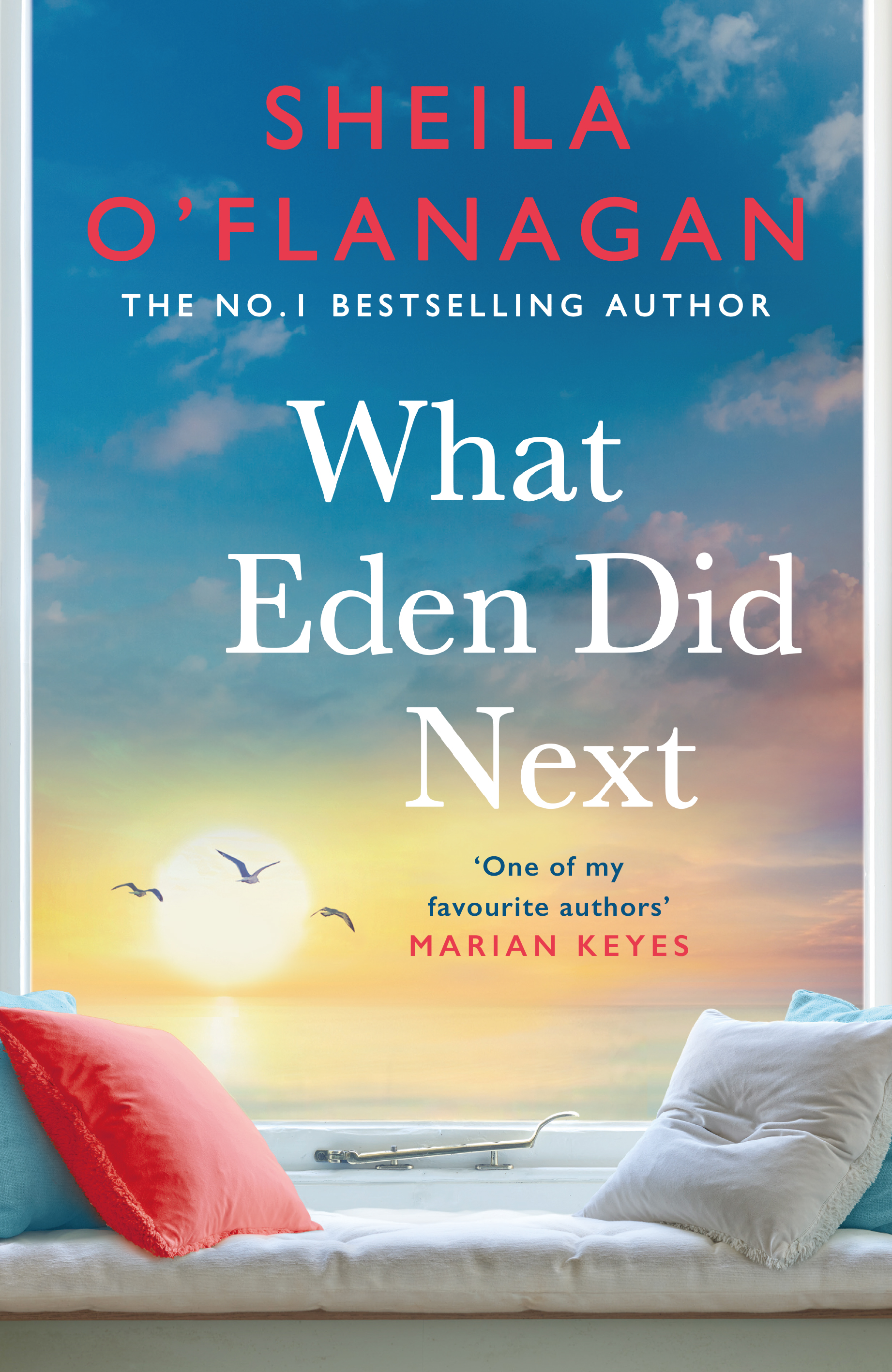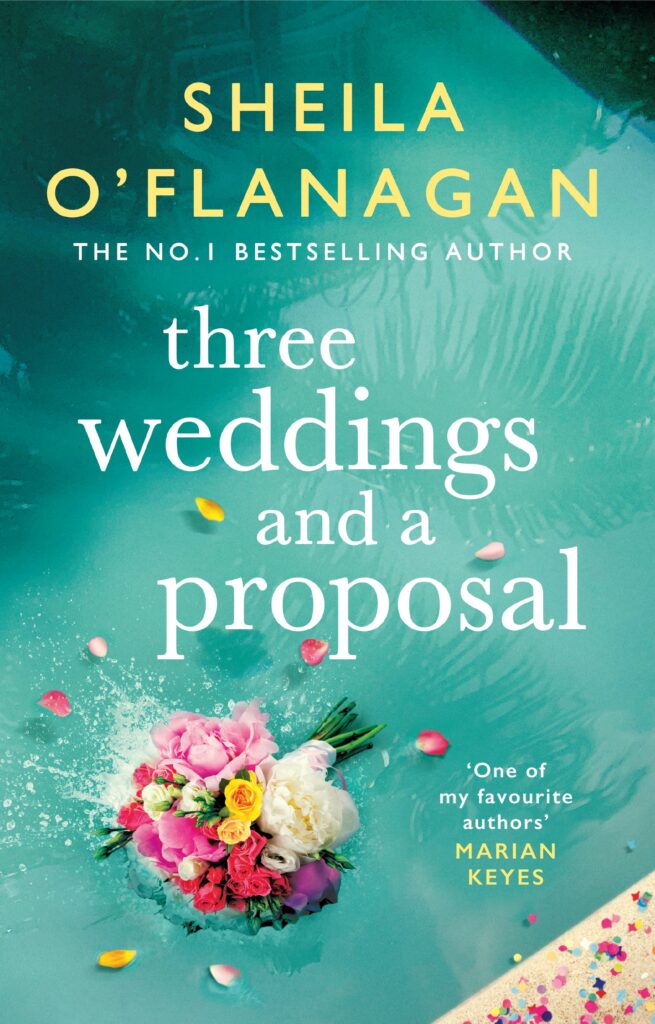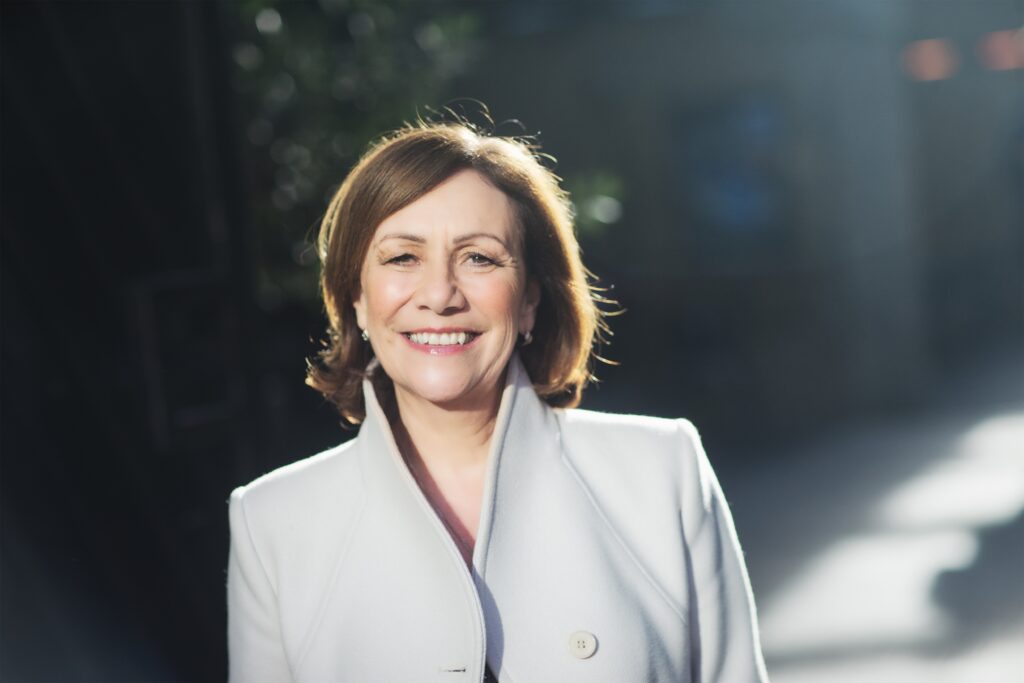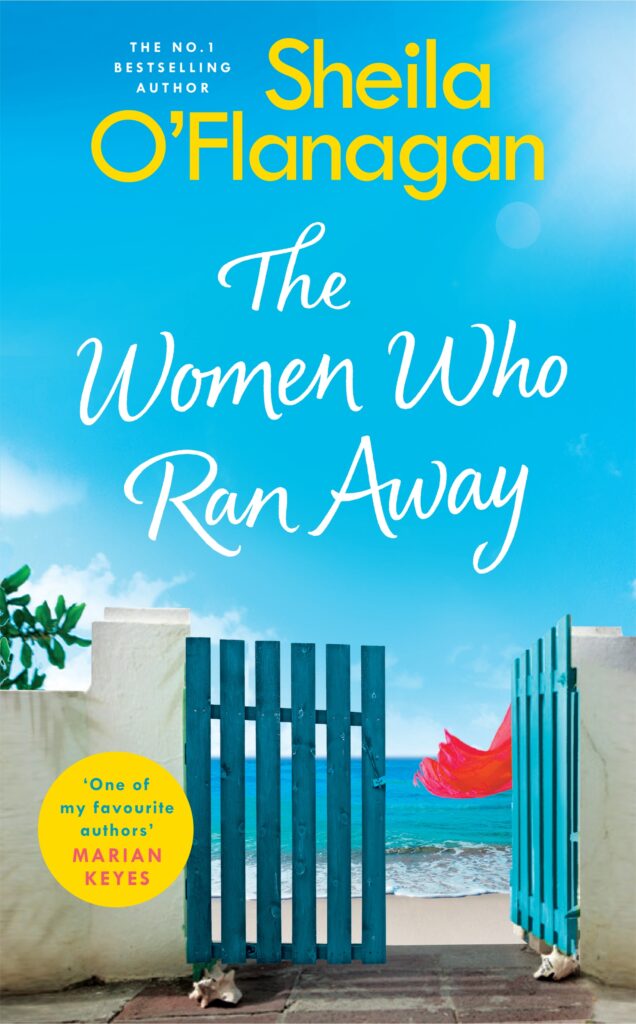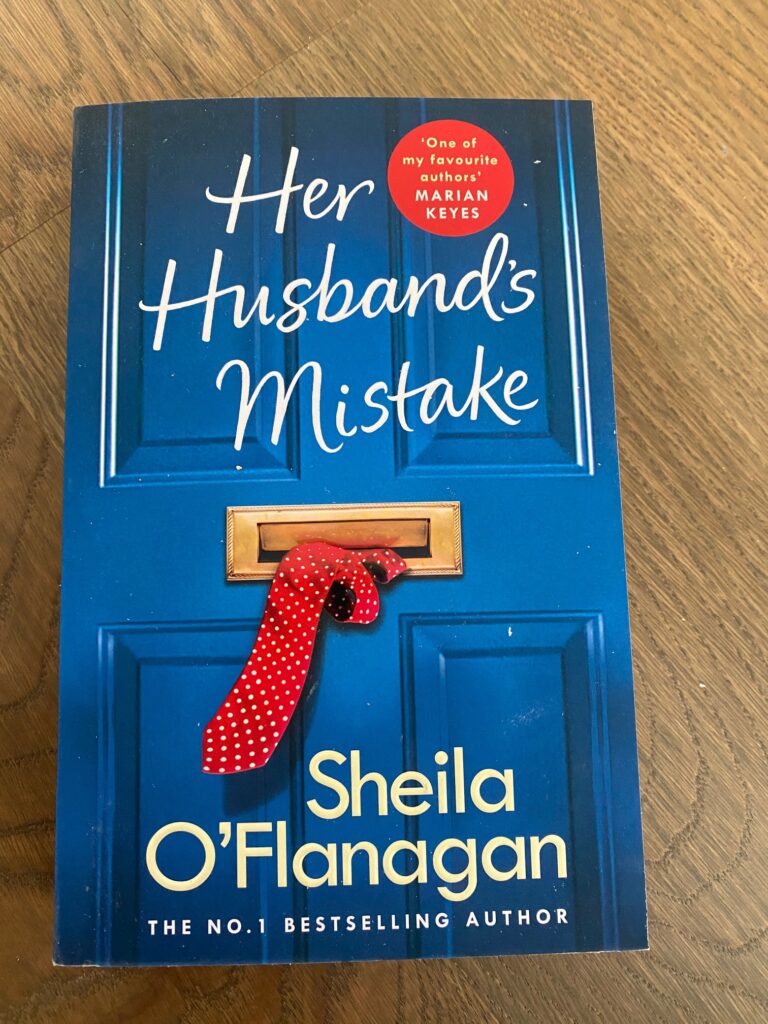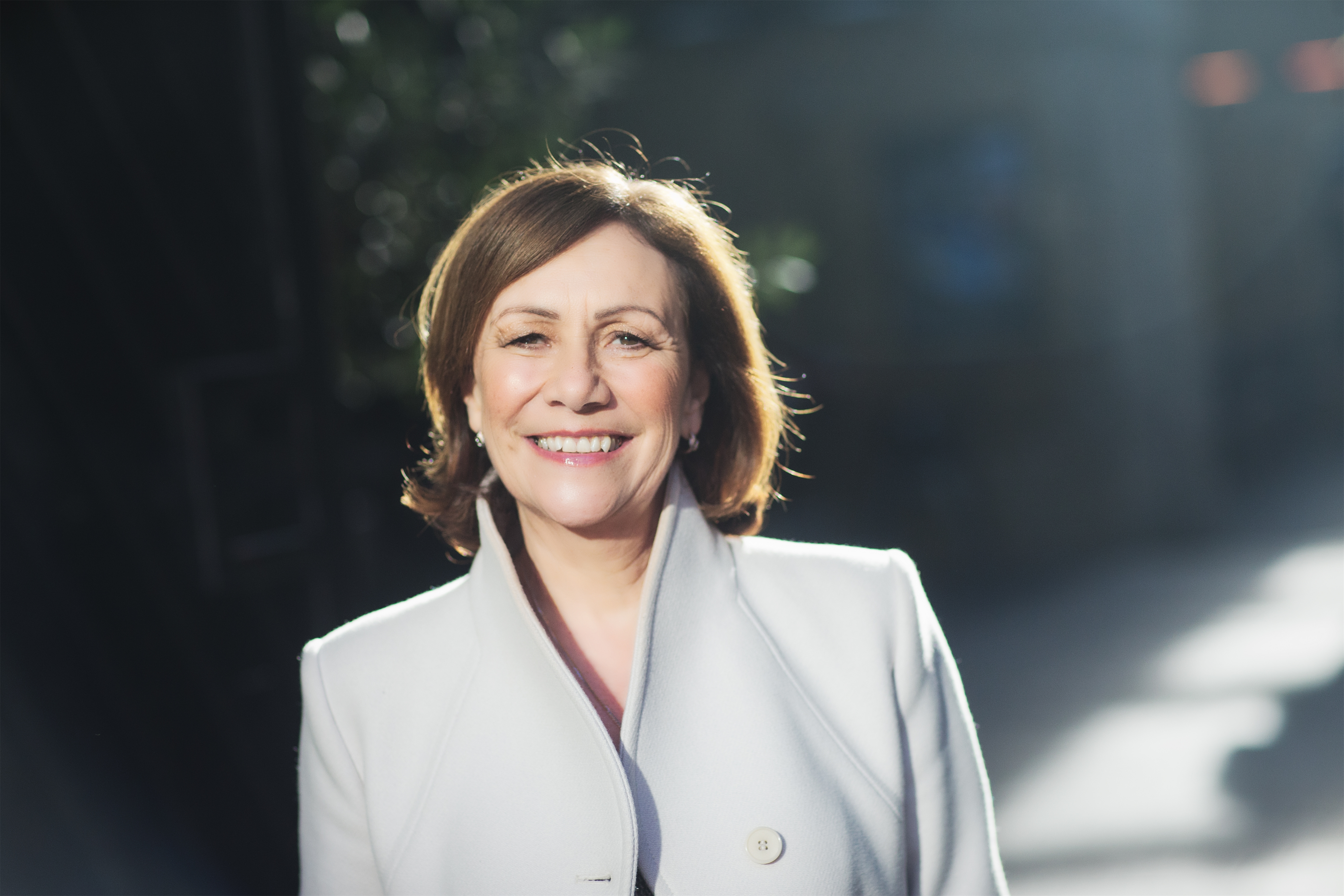 THE JEEVES OMNIBUS by PG Wodehouse
THE JEEVES OMNIBUS by PG Wodehouse
I’d always loved the look of the hardback books on my father’s shelf, but was aware that they were for grown-ups and I was only ten. But one day, having finished all the adventure books I’d borrowed from the library, I decided I’d have a crack at this. I chose it because I loved the art-deco cover and because I had to look up the word Omnibus in the dictionary. I also had to look up words like valet and feudal, but despite not having the faintest idea of how the British upper class lived, I was absolutely enraptured by the wit and humour of the writing. PG Wodehouse is still my go-to author when I need my spirits to be raised, and when I need to be reminded that English is a language rich in vocabulary and nuance. The Jeeves Omnibus marked my transition from children’s books to books for adults, and my appreciation of elegant, flowing language in the written word. After reading it, I insisted on borrowing every single PG Wodehouse book in the library.
PRINCESS DAISY by Judith Kranz
Most of the books I read during my teens and early twenties were American literary novels by writers like Steinbeck, Hemingway and Fitzgerald. There was a part of me that believed reading for pleasure was somehow a lesser pursuit, and that unless a book was reviewed as a worthy classic, I shouldn’t really be wasting time on it. And then I picked up Princess Daisy in the airport on my way to my first holiday abroad. I don’t know exactly what I was expecting but it had a heroine you could root for, as well as buckets of glamour and larger-than-life characters, and it was an absolute page turner. I’d never been gripped by a novel in quite this way before, and even though the book got some scathing reviews, I loved how invested I was in it. It made me realise that my view of ‘good writing’ was limited by a literary concept of what that should be, and that good storytelling was equally important.
LIGHT A PENNY CANDLE by Maeve Binchy
This novel centres around the relationship between to lifelong friends. During WW2, Elizabeth is evacuated from London to stay with Aisling’s family in Ireland, and even when she returns to England the two girls remain friends. Like many Irish people, we also had family in England who would come and stay with us every summer. My cousin and I, close in age, used to write each other long, detailed letters about our lives, hopes and dreams in the months when she was back in England. I saw this reflected in Light a Penny Candle, and it was probably the first time a novel actually mirrored part of my own life. Until then everything I read was about people very different to me. Now I realised that ordinary readers could see themselves in books too.
ANGELA’S ASHES by Frank McCourt
‘Worse than the ordinary miserable childhood is the miserable Irish childhood and worse yet is the miserable Irish Catholic childhood’. McCourts memoir is a record of his miserable Irish Catholic childhood but it’s told with humour and empathy and, although my Irish Catholic childhood certainly didn’t match his for misery, it made me see that there are many different backgrounds and upbringings and many different stories to be told. Also, like Maeve Binchy, Frank McCourt was writing about Ireland. I’d always imagined that nobody would be interested in books set in Ireland but the location is irrelevant when the story is brilliantly told.
THE POWER by Naomi Alderman
So often in novels and in real life, the world view is set by men, and women are the bystanders, people to whom things happen, rather than people who make things happen. The Power turns this on its head and imagines a world in which women have a force within them with which they can dominate men. As I like to write novels with women front and centre, and shaping their own futures, I loved how this book ramped up the idea of how women could behave if they were physically superior to men. It asks lots of really interesting questions and forced me to think critically about power and how it’s both used and abused.
What Eden Did Next by Sheila O’Flanagan publishes 28th April 2022 in hardback, priced £20.00 (Headline Review)

